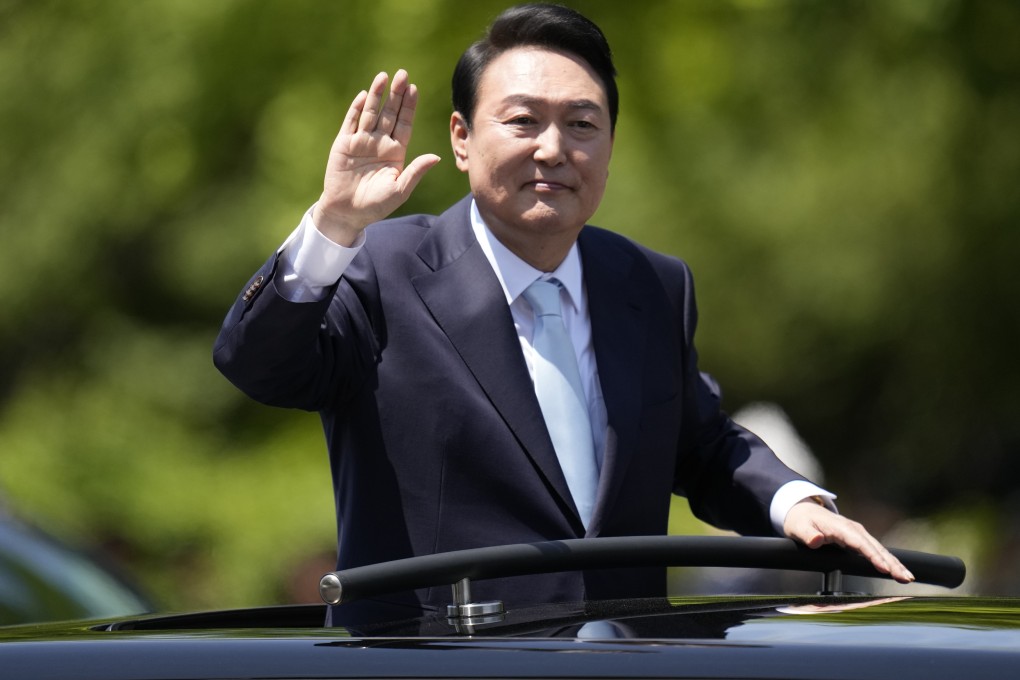Macroscope | South Korea’s new president must keep his pledge for a bold switch to electric vehicles
- Yoon Suk-yeol ran as a conservative, but his campaign promises include a progressive move to ban new internal combustion vehicles by 2035
- Following through would make South Korea a climate change leader in Asia and create thousands of new jobs in the auto industry

Yet, buried within Yoon’s campaign promises is a commitment that would set South Korea’s auto industry apart as one of the most progressive in Asia. In his election pledge book, Yoon committed to ban the new registration of internal combustion engine vehicles by 2035.
If he keeps his word, Yoon’s pledge would bring South Korea’s fossil-fuel vehicle phase-out timeline in line with International Energy Agency (IEA) recommendations and would position the country as a leading force in the decarbonisation of road transport in Asia.
Canada, the European Union and California have each banned the sale of new internal combustion engine vehicles effective in 2035, and some governments such as Norway and the United Kingdom have set even earlier targets.
